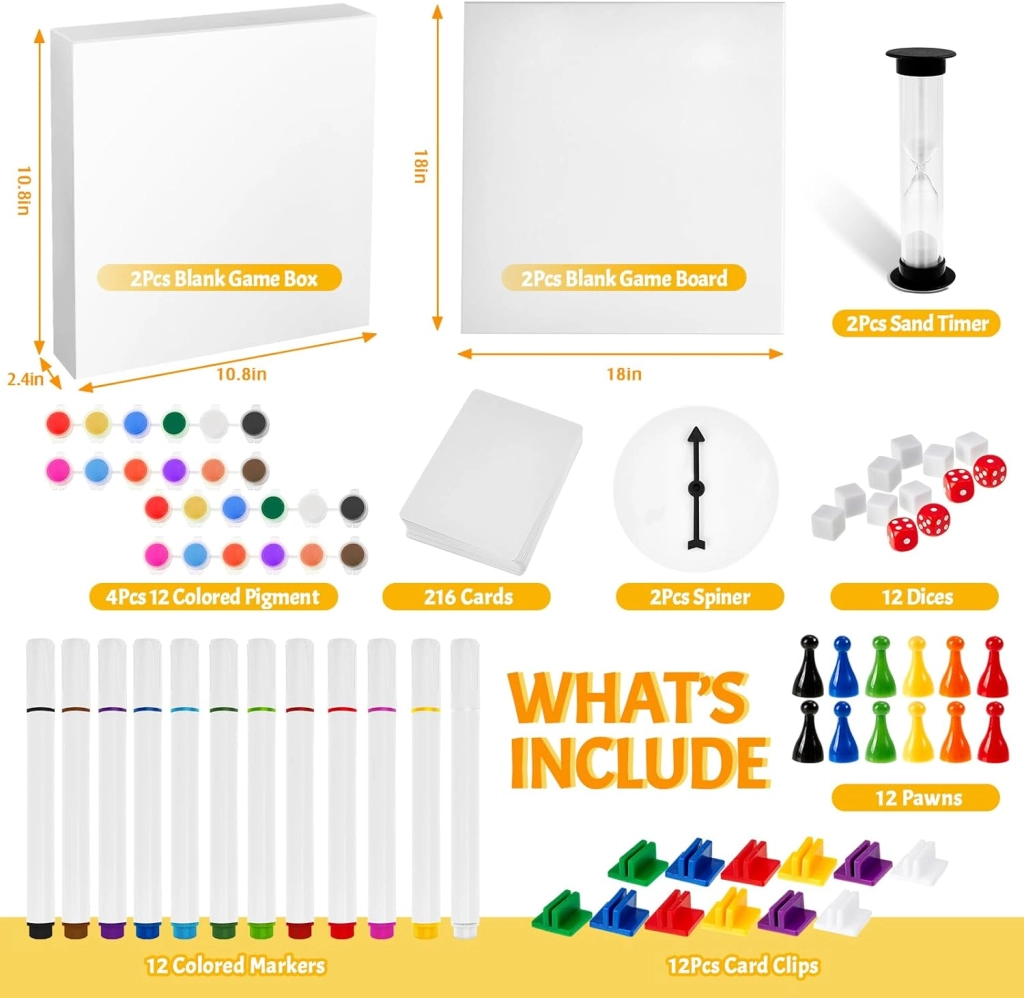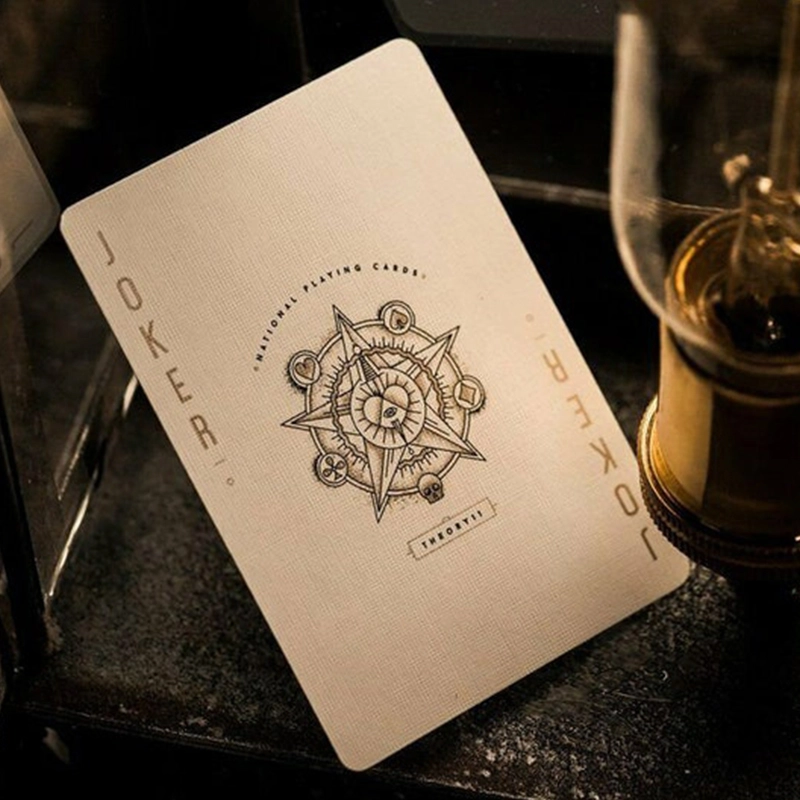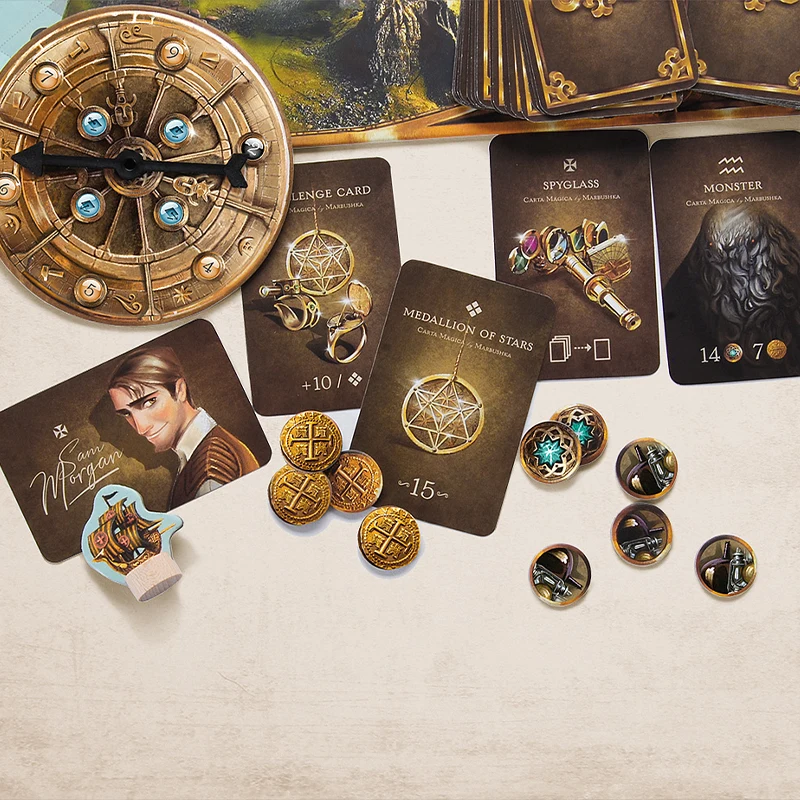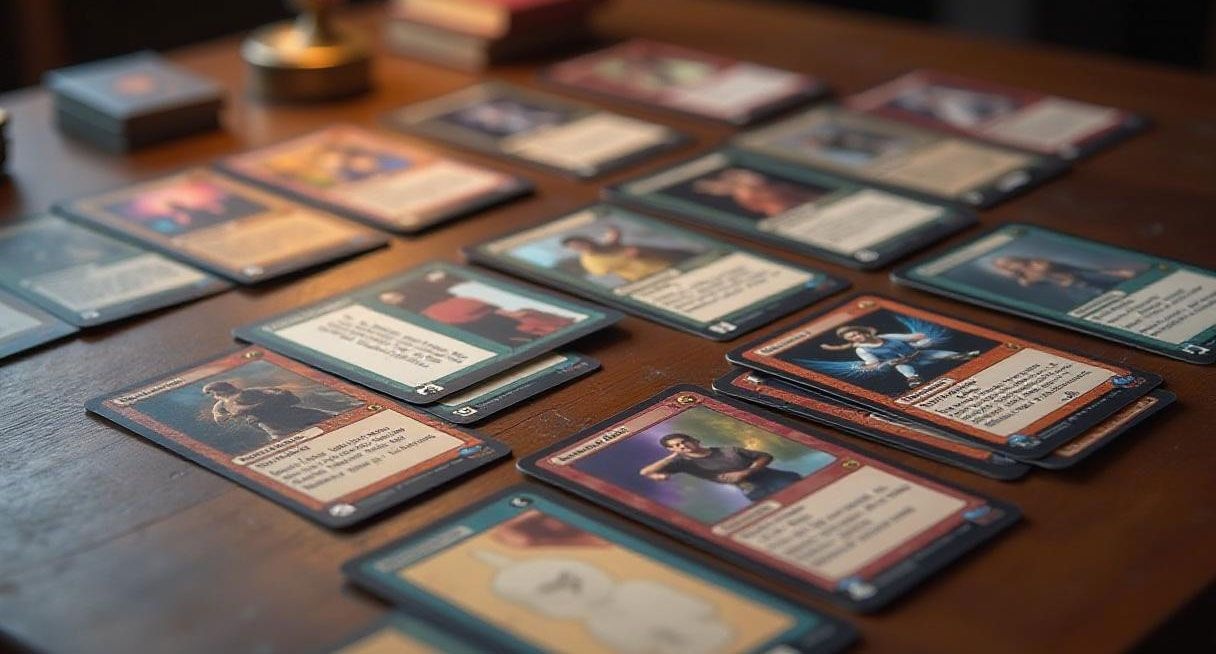
The worldwide board game scene is thriving. Fans and companies alike crave one-of-a-kind, personalized gaming experiences. Yet, crafting a custom board game often brings big obstacles. Think steep prices, slow production schedules, and tricky design steps. For new ventures, small firms, or even well-known brands, these hurdles can seem overwhelming. That’s where Suba steps in—a true innovator in board game creation. Using modular design and AI prototyping, Suba trims custom board game expenses by up to 40%. This makes top-notch, unique games available to everyone. In this piece, we’ll dive into how Suba’s fresh tactics shake up the field and why it’s the top pick for affordable custom games.
Opportunities and Challenges in the Custom Board Game World
The board game trade has grown like wildfire lately. A boom in tabletop gaming love and platforms like Kickstarter fuel this rise. Industry stats suggest the global market will keep climbing. The push comes from folks wanting special, standout products. Still, for anyone aiming to build a custom board game, the path is full of snags.
User Struggles
- Big Minimum Order Requirements (MOQs):Old-school board game makers often demand 500 units or more to start. For startups or small outfits with tight funds, this bar is tough to clear.
- Costly Design Tweaks:Building a game prototype takes several rounds of changes. Classic ways lean hard on handwork. This jacks up costs and drags out timelines.
- Stiff Production Options:Custom pieces—like special tokens, cards, or boards—mess up supply chains. It gets hard to churn out small runs smoothly.
These headaches choke creativity and fresh ideas. Many hopeful designers end up stalled. Luckily, Suba brings an answer that hits these issues square on.
Main Fix: How Modular Design Drops Costs
Suba’s ace in the hole is its modular design style. It’s a trick borrowed from other fields, like Intel’s modular gear setups (say, the Core Ultra line). By setting standard parts while leaving room for personal touches, Suba offers budget-friendly custom games without skimping on quality.
Standard Parts and Reuse
Suba hands you a collection of ready-made, reusable patterns for boards, cards, and pieces. Picture it like a snap-together kit. About 80% of the game uses basic, wallet-friendly bits. The other 20% gets jazzed up with your own art, themes, or rules. This skips the need for pricey, one-time molds. It chops production costs by 40%.
Take a client whipping up a fantasy-style game. They can grab Suba’s modular card stacks and pawn groups, then slap on custom images with digital printing. What’s the payoff? A tailor-made game for way less than the usual rate.
Bending to All Kinds of Needs
Modular design isn’t a one-trick pony. Suba’s setup fits tons of uses:
- Learning Games:Switch themes—like math riddles for kids or STEM ideas—without redoing the main play.
- Business Training:Whip up branded strategy games with swappable rules tied to company aims.
By smoothing out production and trimming waste, Suba keeps things affordable and growable. It works whether you’re a teacher, a startup owner, or a big firm.
AI Prototyping: Speed Boost from Idea to Making
On top of modular design, Suba taps artificial intelligence to zip up prototyping. It takes cues from big names like Microsoft (AI-made game stories) and Tencent (AI-sharpened character looks). Suba’s AI tools turn your thoughts into real prototypes fast.
AI-Powered Quick Builds
Picture this: you type a short note about your game—maybe a medieval strategy game with resource juggling. Suba’s AI spits out 3D models, card setups, and rule basics in hours. This tech slashes design time by 70% over old-school ways. Plus, AI cuts mistakes by 50%. Your game’s ready to roll sooner.
Virtual Tryouts and Player Input
Suba steps it up with augmented reality (AR) previews, much like Alibaba’s 3D item displays. Clients can see and tweak their game in a digital space. Adjust stuff like card sizes or board layouts on the fly. This skips pricey physical mockups, saving time and cash. By weaving in player thoughts early through digital tests, Suba makes sure the end game clicks with its crowd.
Real-Life Wins: Suba’s Impact in Action
Suba’s way isn’t just talk—it brings solid outcomes. Here are two tales of how Suba’s tailored help turned clients’ dreams into wins.
Case 1: EduPlay – Startup Victory
Need: EduPlay, a small newbie, wanted 300 sets of a kids’ math board game on a slim budget.
Fix: Suba reused its modular board patterns and used AI to craft math-themed card packs fit for school lessons.
Outcome: Costs fell 45%. The job wrapped in three weeks—half the usual pace. EduPlay launched with a bang, showing low MOQs and low prices can play nice together.
Case 2: SkillUp – Business Breakthrough
Need: SkillUp, a training crew, sought a strategy sim game with flexible rules for company workshops.
Fix: Suba’s AI built lively rule sets, matched with modular bits like tweakable tokens and boards.
Outcome: Client happiness shot up 90%. SkillUp’s repeat orders climbed 60%, thanks to the game’s flexibility.
These wins spotlight Suba’s knack for meeting all sorts of needs while keeping costs down and quality up.
Why Pick Suba?

Suba shines in the packed board game making world for three big reasons:
- Clear Costs:No sneaky charges—just prices 30%-40% below the norm.
- Tech Advantage:Mixing modular design and AI prototyping puts Suba ahead. It suits everyone from teachers to crowdfunders.
- Custom Fit:Suba’s special services mold to your goals, be it a classroom aid or a team-building hit.
Ready to kick off your custom board game like blank board game? Suba offers a free AI prototyping tryout to start you off. Head to Suba now and snag your limited-time deal. Don’t let big costs stop you—Suba turns your game dream real, quick and cheap.
FAQ
Q1: Does Modular Design Box in Creativity?
A: Nope. Suba locks in basic frames to save money but leaves room for big custom choices—think special materials, sizes, or art. Your idea stays whole, just cheaper.
Q2: Can You Trust AI-Made Prototypes?
A: Yup. Suba’s AI gear gets checked with virtual tests and player feedback cycles, a trick lifted from Microsoft’s content polishing. You get a sharp, market-fit design.
Q3: What’s the Smallest Order Size ?
A: Suba goes as low as 500 units—way under the 1000+ most plants ask for. It’s perfect for small test runs or crowdfunding pushes.









